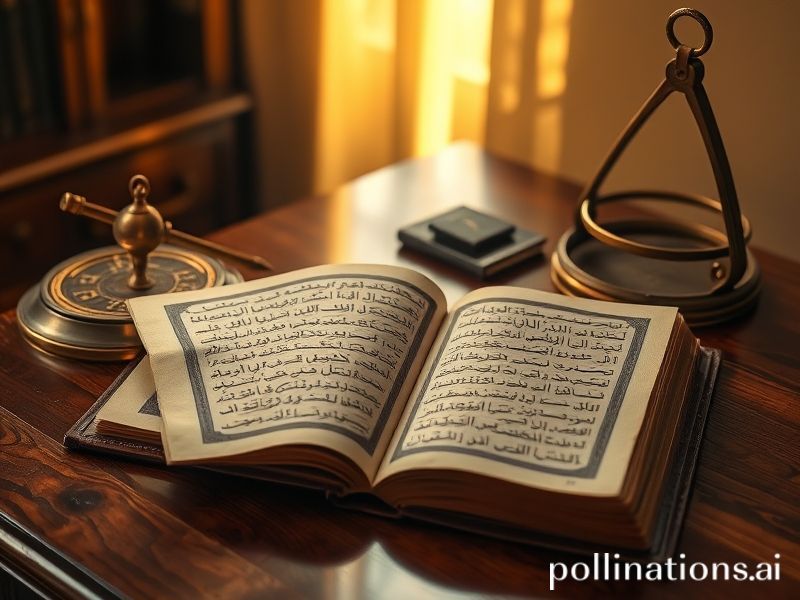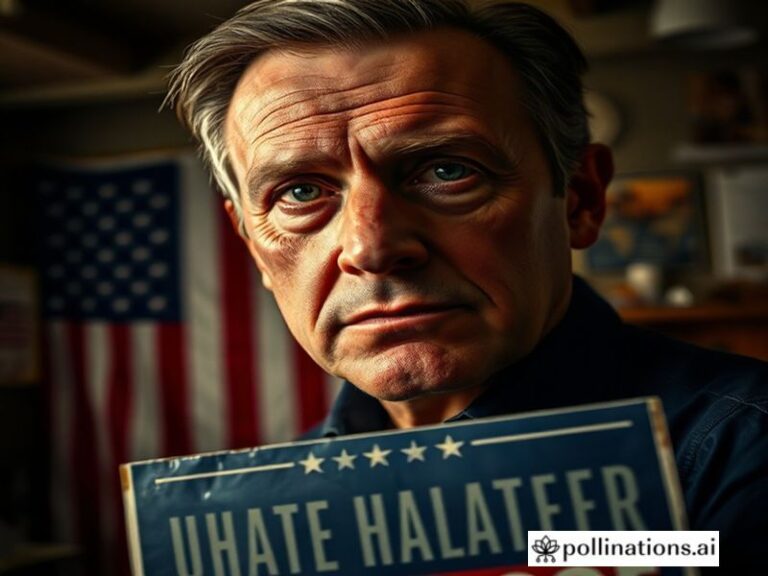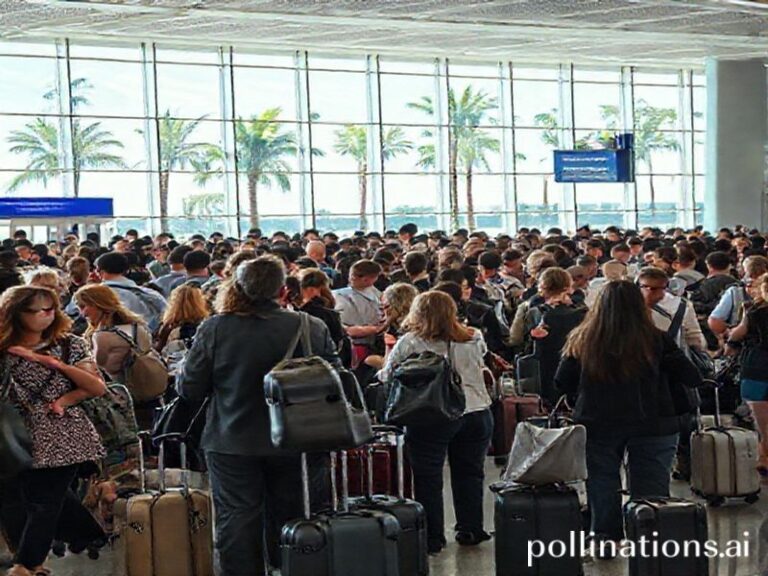Sharia Law: The World’s Favorite Scapegoat, Explained by a Cynic with a Passport
Sharia: The World’s Most Misunderstood Rulebook
By our correspondent who once watched a traffic cop in Jakarta issue a ticket under the Penal Code, the Qur’an, and sheer creative spite.
Let’s begin with the obvious: “sharia law” is not a single document you can download like a software patch, nor does it arrive by DHL in a manila envelope marked “Plan for Global Theocracy.” Instead, it is a 1,400-year-old conversation—part jurisprudence, part theology, part Rorschach test—conducted in Arabic, Persian, Urdu, and, lately, Twitter threads. From Rabat to Rotterdam, its name is invoked to justify everything from zero-interest mortgages to the rather vigorous divorce your cousin just got in Aceh. The only constant is that everyone, Muslim or not, feels qualified to have a loud opinion about it.
Sharia literally means “a path to water,” which sounds pastoral until you remember that water rights have sparked wars since Hammurabi got cranky. In classical terms, sharia is divine guidance: how to pray, how to trade, how not to be an absolute menace at dinner parties. Islamic jurists then spin that guidance into fiqh—human interpretation—which varies as dramatically as pasta recipes across the Mediterranean. Maliki North Africa nods approvingly at date-wine so long as it doesn’t ferment too enthusiastically; Wahhabi Saudi Arabia confiscates your mildly suspicious cough syrup. Malaysian Islamic courts recently debated whether Bitcoin is “riba” (usury) or merely “a casino with worse lighting.” Consensus remains elusive, which is precisely the point: sharia is less a rulebook than a millennium-long argument about what God meant when He told you not to be a jerk.
Globally, the argument has become geopolitical wallpaper. In France, sharia is the ghost that haunts every hijab, handy for politicians who need a boogeyman but lack imagination. In China, it’s the excuse for re-education camps in Xinjiang—because nothing says “social harmony” like forced karaoke to Party-approved rap. Meanwhile, London’s financial district markets “sharia-compliant” bonds to Qatari pension funds, proving that even the Almighty likes a diversified portfolio. The same principles that once governed caravans now sit on Bloomberg terminals, next to tickers for pork-belly futures. Irony, like compound interest, accrues daily.
The real punchline? Most Muslim-majority countries apply sharia à la carte. Egypt keeps the Qur’anic inheritance rules—handy when Grandma dies and the cousins descend like vultures—but quietly shelves the bit about cutting off the hand of the hedge-fund manager who just looted the national bank. Indonesia’s province of Aceh flogs adulterers, yet Jakarta’s nightclubs serve overpriced mojitos under neon Qur’an verses that translate roughly to “Party responsibly.” Even Iran, poster-child for hardline rule, has a parliament that debates how much of the French Civil Code can be smuggled in under the label “maslaha” (public interest). Everywhere, the sacred meets the expedient, and the result looks suspiciously like politics with extra incense.
Western panic merchants warn that sharia is “creeping” into court systems, conjuring visions of judges handing down stoning orders between coffee breaks. Reality is duller: from Ontario to Sydney, Islamic arbitration tribunals settle civil disputes the way Jewish beth dins have done for centuries—voluntarily, under local law, and with the enthusiastic involvement of contract lawyers who bill by the hour. The creeping, it turns out, is mostly litigation in sensible shoes.
So what is sharia law? It is a mirror: every society sees its own anxieties reflected. Europeans fret about borders; Gulf monarchies fret about dissent; American state legislatures fret about anything that might complicate the sale of beer at NASCAR. The text remains the same; the subtext changes with the headline. And beneath all the shouting, ordinary people navigate mortgages, marriages, and the eternal question of whether the chicken was stunned properly. The path to water, it seems, is mostly paved with paperwork.
In the end, sharia is neither the sword nor the olive branch. It is simply another arena where humans negotiate the eternal bargain between what we owe heaven and what we think we can get away with down here. Spoiler: heaven rarely wins, but the receipts are fascinating.







